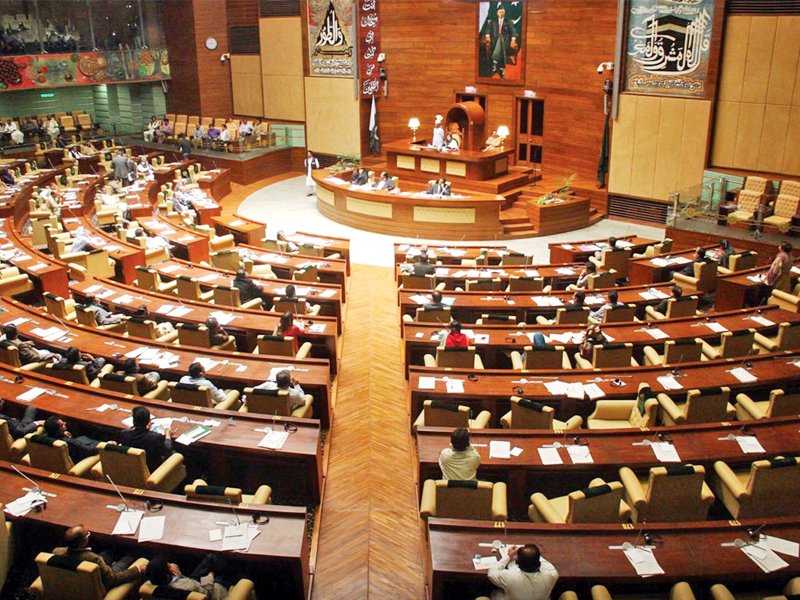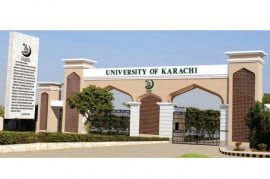
"We found no chlorine in any water sample taken from these locations," confirmed Dr Zafar Mehdi, the spokesperson of the committee. Meanwhile, a member of the committee revealed that the residential colonies around these important sites also did not have chlorinated water, adding that the situation was no different in any other part of the city. He said that the results of the tests will be shared with top government officials today (Wednesday).
The five-member committee, comprising officials from the health department and the Karachi Water and Sewerage Board (KWSB), has taken around 400 samples of water at random from various parts of the city since May 22. Most of the areas from where the samples were taken lacked proper chlorinated water supplied by the KWSB, another official claimed.
"The main reason for the negative test results are the faulty, decades-old water supply lines," the official disclosed. "It is a technical issue that cannot be easily resolved."
The committee members and health department officials advised residents of the city not to rely on the KWSB for chlorination as, despite its best efforts, the spread of the deadly naegleria fowleri had not been controlled. Seven deaths due to the brain-eating amoeba have been reported in Karachi so far this year. "The people should take extra precautionary measures themselves," urged Dr Mehdi.
While health officials say it is the responsibility of the KWSB to ensure chlorination, the officials of the water utility claim that proper chlorination is being ensured.
Published in The Express Tribune, June 3rd, 2015.






1732783305-0/Untitled-design-(6)1732783305-0-270x192.webp)










COMMENTS (4)
Comments are moderated and generally will be posted if they are on-topic and not abusive.
For more information, please see our Comments FAQ